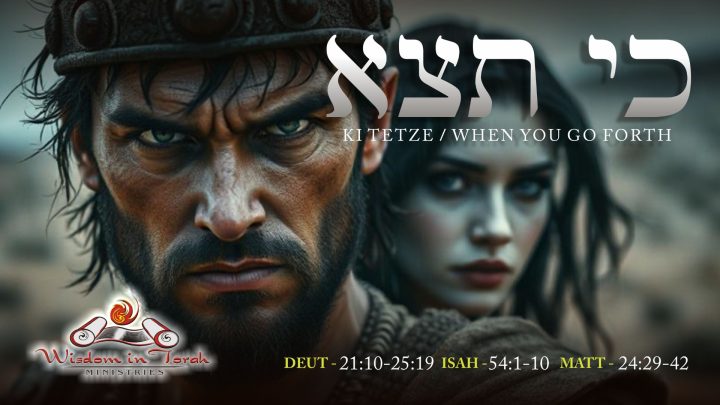
Don't Forget to Share!
This Parashah covers many important aspects of the law code. One of things we study her is in regards to the reason of why Yeshua needed to be resurrected for the kingdom to be restored.
We will also be covering a variety of the ancillary commandments contained within this portion. Many of the commands had to do with increased rights for women when understood in light of ANE culture. Also of high interest is the command in Deut 22:9 that states that a field of mixed seeds becomes kadash...
This page includes Torah Portions from multiple years covered by Wisdom in Torah. Each year we covered the Torah from a different perspective so you can explore each Parashah from a different perspective and focus.
- 2010 Portions: Focus on Messianic connections in the Parashah
- ANET Portions: Focus on the ancient Near Eastern cultural context of the Parashah
- Mitzvot Portions: Focus on explaining and exploring the commandments found in the Parashah (in progress)
- 2015 Portions: Revisiting the Parashah looking at the ancient cultural context more in depth with additional areas that have been researched
- Brit Portions: Focus on connecting the Brit Hadashah (New Testament) to the Parashah
Oops, this is members-only content
This page requires at least a basic level membership to access the teaching.
Audio
Oops, this is members-only content
Resources
The following is a list of recommended resources for this teaching:
- “The Prohibition on Restoration of Marriage in Deuteronomy 24” by Raymond Westbrook. Accessed at: http://www.wisereaction.org/ebooks/westbrook.pdf. Originally published in Studies in Bible, Scripta Hierosolymitana Vol. 31, (ed. S. Japhet, Jerusalem: Magnes Press, 1986) 387-405.
- “Divorce and Remarriage in the Bible” by David Instone-Brewer (Book)
- "The NIV Application Commentary: Deuteronomy" by Daniel I. Block (Book)"
- To Go and Marry Any Man That You Please” by Shalom E. Holtz. Published in Journal of Near Eastern Studies, Vol. 60 No. 4 pp. 241-258
- Middle Assyrian Laws: http://jewishchristianlit.com/Texts/ANElaws/midAssyrLaws.html
- GUARDING THE PARENTS’ HONOUR—DEUTERONOMY 21.18-21 Resource used in Torah Nugget
Categories
72 thoughts on “Torah Portion Ki-Tetze Complete”
Leave a Comment
You must be logged in to post a comment.

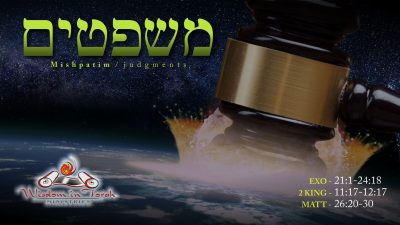
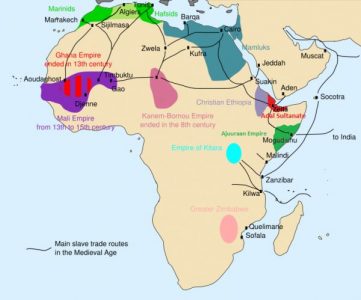
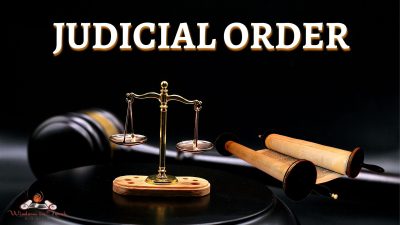
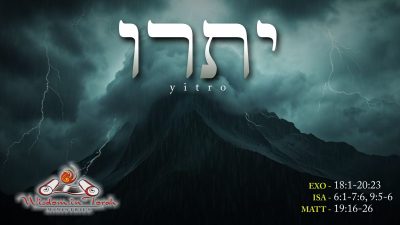
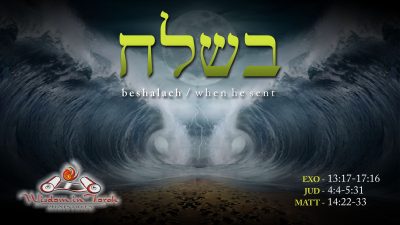
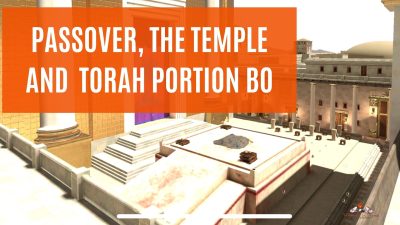
Rico, just so there is no misunderstanding, I do not think just because someone who is still following the feasts & sabbath of man-made religious doctrine & who says they believe in Yeshua are condemned. Heaven forbid! Yahweh said it was up to Him to lift the veil from those still blinded. So let me expound on my previous answer a bit. I also take Matt 25 as a lesson to those of us who are now in the truth to be unwavering in taking the truth of the good news to the nations. Jim Staley said something about the bride being set apart from the others (in Revelations),those that refuse to attend the feast of tabernacles and how they, though being in the promised land, would be left without rain. So up until that day when the bridegroom comes it is for us to continue to teach, to provide oil for their lamps, but at the 1st sign of His coming it is no longer our role because at that point the absolute pure oil for their lamps arrives for them to either take or refuse. I also don’t think we can interpret this without including the narrow & wide gate. It would seem to me that the unprepared brides were intitially trying to get through the gate/door using the easy way out by trying to purchase entrance from those that had prepared. But salvation can not be purchased, it only cmes through trusting which in turn makes one prepared at all times.
imflingj – I ditto what Teresa said and also THANK YOU for adding even greater historical value to this teaching.
SHALOM! Ricco, your message literally brought tears to my eyes. Yahweh has truly blessed us with His works through you, a faithful & loving servant of His truth. Now, I have a question. Matt 25 & the parable of the 10 brides. 5 that are prepared & 5 that are not. I do not think the number 5 relates in any way to the 10 tribes, but what I do believe it is saying that not all who call themselves Israel(children of Yahweh & believers in Messiah Yeshua) are Israel. Why? We all have the potential to be the lamp, but not all have commited to the Covenant, thus do not have the oil(Torah) in order to keep the lamp lit. Therefore, Yeshua sends the 5 unprepared brides away saying, I never knew you. It’s all about the Marriage Covenant one makes when they proclaim that Yeshua is their Messiah, but fail to sign the contract by not trusting & following His ways. They say they believe but continue in their worldly worship that is of no value. IOW, they continue in their adultry rather than setting themselves apart in order that they are prepared to be the bride when the bridegroom comes. Does this make sense? Again, I praise & thank yahweh for the blesssing of your teachings & am looking forward to a new year of teachign that expounds deeper into His Word.
Shalom
You know that this parables is always being a puzzle to me and I would not like to speculate on this one. so I will tell you that I honestly do not know the deeper meaning to this parable but I will be looking into it. you are the second person in the past week that ask me the same question.
shalom
RICO
imflingj – Your words gave me the chills. What a love He has for us. The significance of those last words are immense. Thank you very much.
This teaching reminded me of a commentary I read a few years ago regarding Yahushua’s words in John 19:30
When Yahushua therefore had received the vinegar, He said, KALA: and He bowed His head, and dismissed His ruach.
The RSTNE commentary says: In the Greek He is saying “it is finished.” But in the Hebrew there is another significant utterance that many have missed. In Hebrew the word for “finish”, or, “is finished” is kala, also meaning bride. These words uttered by Yahushua prior to His death was a cry for His kala to return and be cleansed and forgiven, showing that even while dying He had Yisrael on His mind and in His heart. In essence by crying for the kahal, or the congregation/bride of Yisrael, He is displaying the true reason He hanged Himself on the tree. An alternative word for “finished” is neshalem, whose root word is shalom. Combining these two variations in Hebrew, we get Shalom My Bride; be made whole! YHWH has only one bride and the Son was sent to fetch that wandering bride, even as Eliezer was sent to fetch a bride for Yitzchak. That one word kala is the message of the Kingdom in a nutshell.
I thought of this as you were speaking and wanted to share it. Thank you Rico for all your teachings. May YHWH continue to bless you and your family.
Did I understand wrong? Were there any notes to look at from your teachings?
Thank you for this last one! Marvellous!! Got very encouraged and Yawhes word is clearer to me afterwords…
power packed teaching, (home run) you knock the ball out of the park and into the havens thanks rico this needs to be study again, and again
Thank you so much for this teaching! I have been praying for clarification and understanding about why Yahshua died. What a wealth of information. I will be chewing on this for some time. Thank you for your time and all you put into the Torah teaching. I am so grateful
Excellent study, thank you Rico. It was eye-opening about the 5 previous “husbands” of the woman at the well in John 4! Shalom and many blessings!!!
Israel is twelve tribes. Jer.3;8 was all 12 divorced or was it 10. Comment
10
Maltomeal: I think the tenth generation for Ruth was fulfillrd by King David. He was number ten in the generations. Until then they could live in the land but could not go into the Temple area.
There is a hebrew version of Matthew.23:1-3. All that Moses says to do -that you should do. ( Torah) As for the Scibes and Pharisees, do not follow thier Takanot and Ma’asim. ( Rules the Rabbis make up).